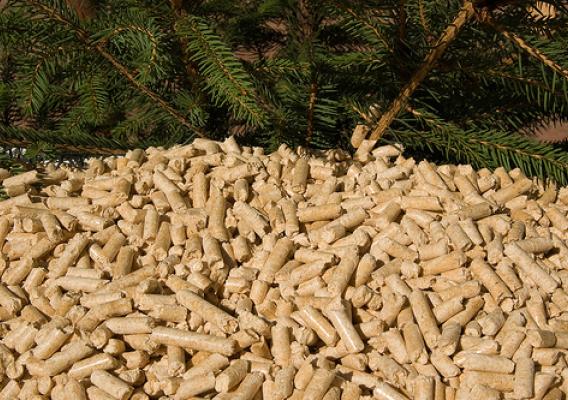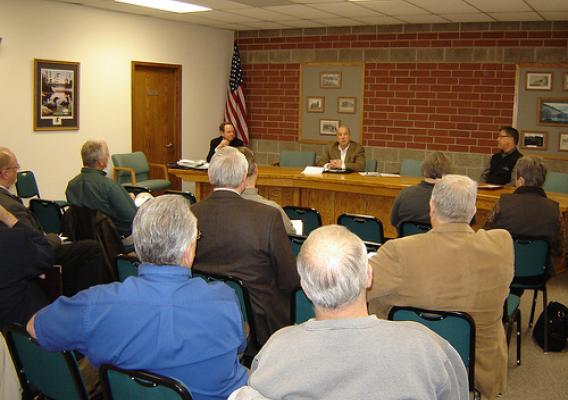Cross posted from the White House blog:
Yesterday, the White House Rural Council hosted a Native American Food and Agriculture Roundtable Discussion, bringing together tribal leaders and experts on Native American agricultural economic development with Administration officials from the White House Domestic Policy Council, National Economic Council, Office of Intergovernmental Affairs, Office of Management and Budget, Council on Environmental Quality, and federal agency partners including the Departments of Agriculture, Interior, Commerce, Treasury, and the Small Business Administration.
The White House Rural Council was established by an Executive Order of President Obama in June 2011. The Rural Council, chaired by Secretary of Agriculture Tom Vilsack, is dedicated to creating jobs and fostering economic development in Rural America. This is an all hands on deck approach - to accomplish this goal of growing the rural economy, the President appointed 14 Cabinet Members to the Council. In August 2011, the Council hosted the White House Native American Business Leaders Roundtable, which provided officials an opportunity to hear from Native American business leaders and policy experts about ways we can work together to improve economic conditions and create jobs in tribal communities.


